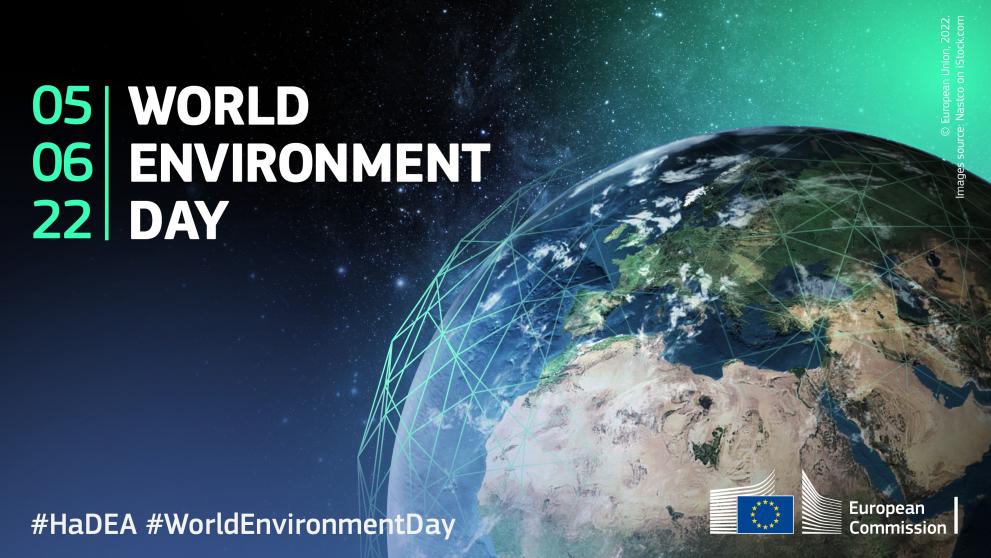
It’s World Environment Day – a day to raise awareness worldwide on actions to protect our environment. Greenhouse gas emissions from fossil fuel burning and deforestation are deeply damaging our planet by the year. The 2022 theme “Only One Earth” stresses the alarming state of human-caused climate change and actively calls for collective environmental action.
Earth-observing satellites are extremely valuable in this regard. They monitor the impact of melting ice, wildfires, floods, atmospheric concentration of CO2 levels and other effects of global warming, taking the pulse of our planet each day. Additionally, they serve decision makers in predicting extreme weather and sea levels.
HaDEA is managing innovative projects under the old Horizon 2020 and new Horizon Europe Cluster 4 (Space) programmes, that are monitoring greenhouse gases (GHGs) from space for an accurate analysis of climate change.
Projects funded under Horizon 2020
SCARBO is a consortium of eight European organisations and ended in December 2021. The project aimed at solving the lack of high accuracy and spatial resolution sensors. It proposed novel miniaturised static spectrometer concept on a constellation of small satellites, coupled with an aerosol sensor monitoring CO2 and CH4 levels.
The CoCO2 project is developing a prototype for a new European CO2 emissions Monitoring and Verification Support Capacity (CO2MVS) that can be implemented in the Copernicus programme. CO2MVS enables users to pinpoint which component of emissions are anthropogenic, or resulting from human activity. The ultimate aim of the project is to deliver reliable information that can shape policymaking.
The LEMON project is working on improving the accuracy of climate change analysis.
It is developing a Light Detection and Ranging (Lidar) sensor concept for space applications to monitor greenhouse gases and water vapour. Its objective is demonstrate the reactivity of multi-species simultaneous LIDAR detection and elaborate a roadmap to integrate LEMON in a future space mission.
Background
Horizon Europe is the research and innovation programme of the EU for the period 2021-2027. The Horizon Europe Cluster 4 – Space Programme supports the evolution of the operational “EU Space Programme” components and fosters the competitiveness of the European Space sector as a whole. Its programming is the responsibility of the European Commission’s DG DEFIS, in close coordination with stakeholders at European and national level, such as ESA and national Space agencies, from industry and research.
Horizon 2020 (H2020) was the EU’s multiannual funding programme between 2014 and 2020.
Relevant links
Details
- Publication date
- 5 June 2022
- Author
- European Health and Digital Executive Agency
- Programme Sector
- Space
- Programme
- Horizon Europe Cluster 4: Space
- Tags
- Digital technology
- EUFunded
- Industrial research
- Innovation
